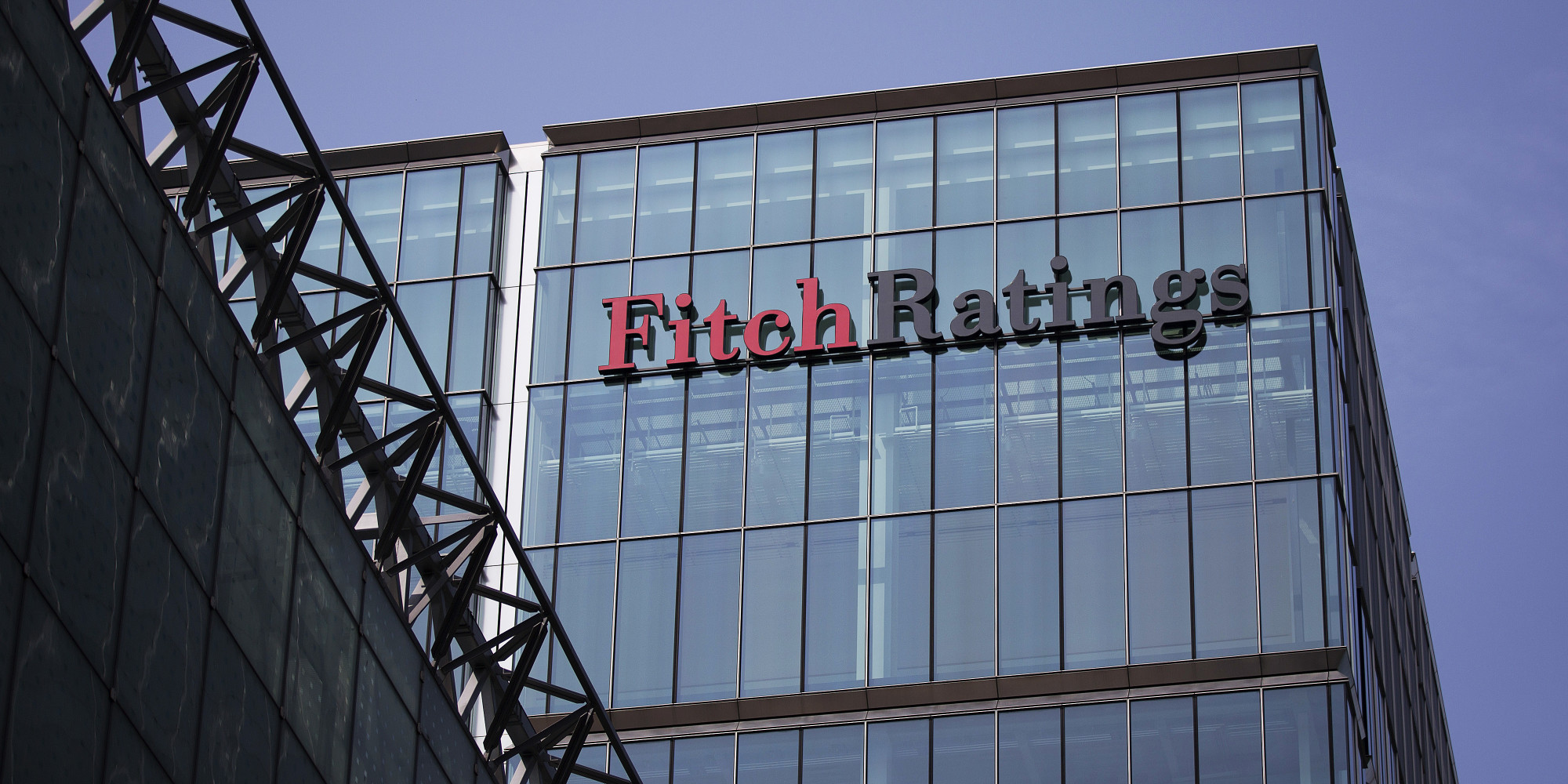
Fitch Ratings has downgraded Bahrain’s long-term foreign currency issuer default rating (IDR) to BB+ from BBB- and long-term local currency IDR to BB+ from BBB. The outlooks are stable. The issue ratings on Bahrain’s senior unsecured foreign and local currency bonds have also been downgraded to BB+ from BBB- and BBB, respectively.
The country ceiling has been affirmed at BBB+ and the short-term foreign currency IDR has been downgraded to B from F3.
“Lower oil prices are causing a marked deterioration in Bahrain’s fiscal position,” Fitch says. “There is progress in fiscal consolidation, but not a clear path towards reaching a more sustainable position.”
Fitch expects general government debt to rise to nearly 80 per cent of GDP in 2016 from around 62 per cent of GDP in 2015, well above the BBB and BB medians of around 40 per cent. Debt service is an increasing burden on the state budget and Fitch expects it to rise to around 41 per cent of revenue in 2016 and 55 per cent in 2017, from 30 per cent in 2015. Interest payments will be around 20 per cent of budget revenue in 2016-2018. Debt issuance costs have risen.
Fitch expects the general government budget deficit to widen to 15.4 per cent of GDP in 2016, from 14.8 per cent of GDP in 2015, under a baseline Brent oil price assumption of $35 a barrel for 2016, rising to $55 a barrel in 2018.
“The policy response has been insufficient to significantly ease the unfavourable fiscal and oil price dynamics,” Fitch says.
According to Ministry of Finance calculations, revenue measures with a full-year fiscal impact of around 1 per cent of GDP have already been implemented in 2015 and early 2016 and measures worth a further 1 per cent of GDP are planned. Subsidy reduction measures could eventually generate savings of more than 5 per cent of GDP per year. Implementation of a 5 per cent rate of VAT in 2018, if agreed, could yield up to 1.6 per cent of GDP in revenue, according to IMF calculations.
“Even assuming full implementation of these measures and a Brent oil price of $55 a barrel the general government deficit would still be 7.3 per cent of GDP in 2018,” Fitch says. “More measures to reduce current expenditure are in the pipeline but have not yet been quantified.”
For full coverage of Middle East business, see MEED.